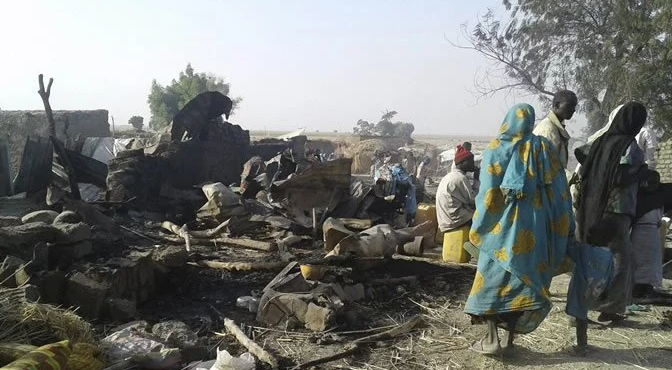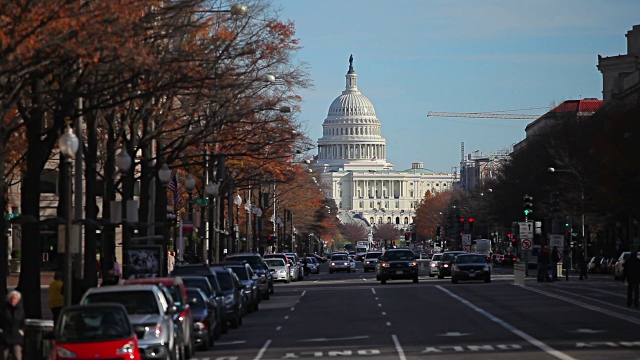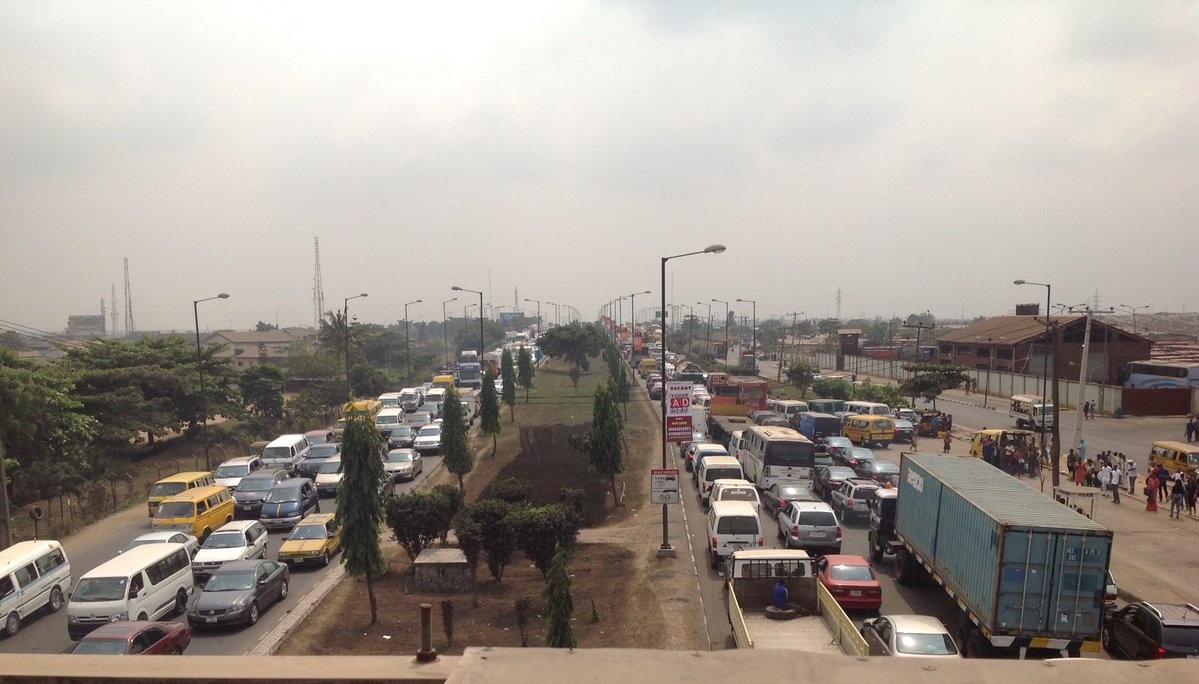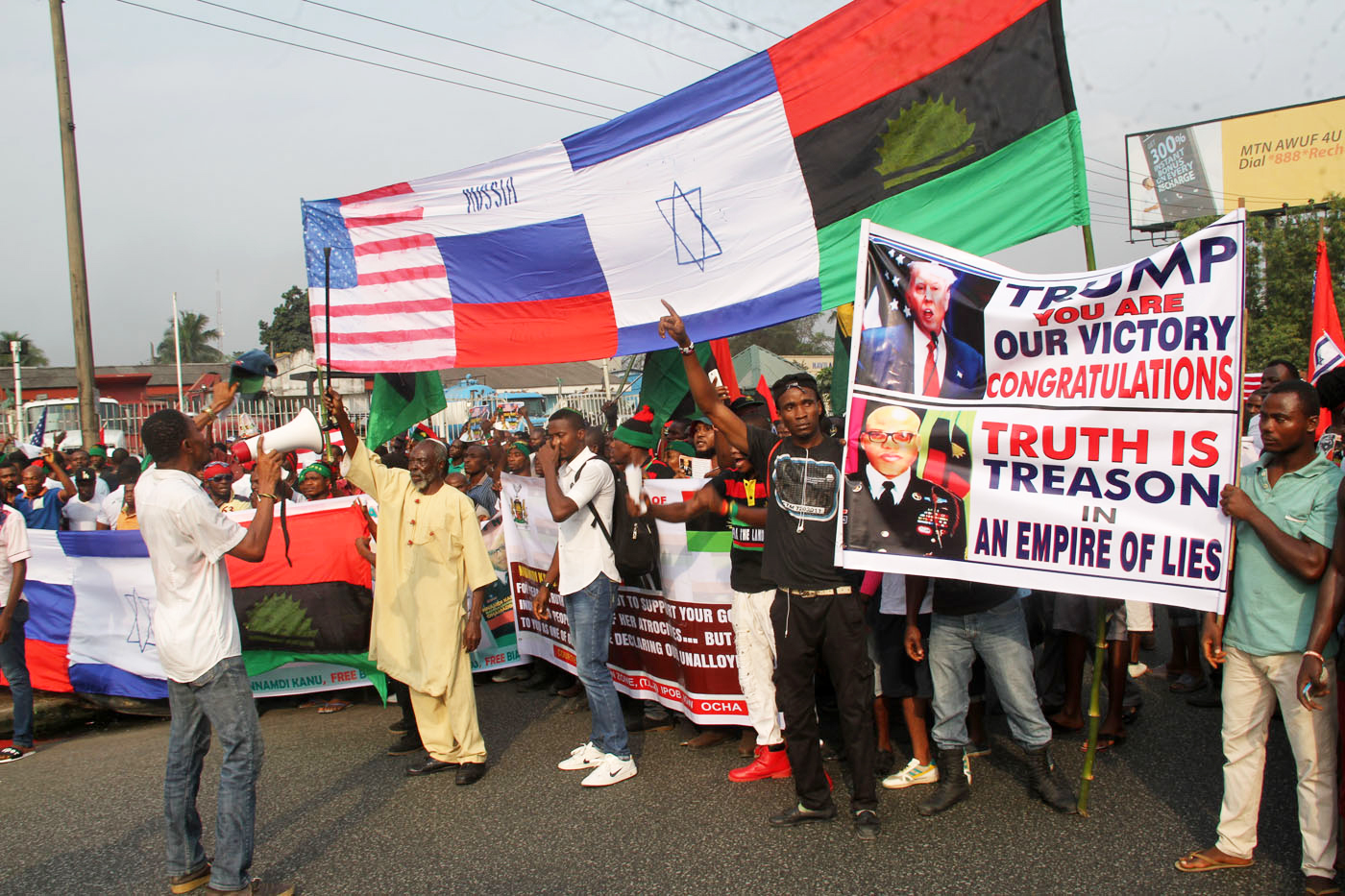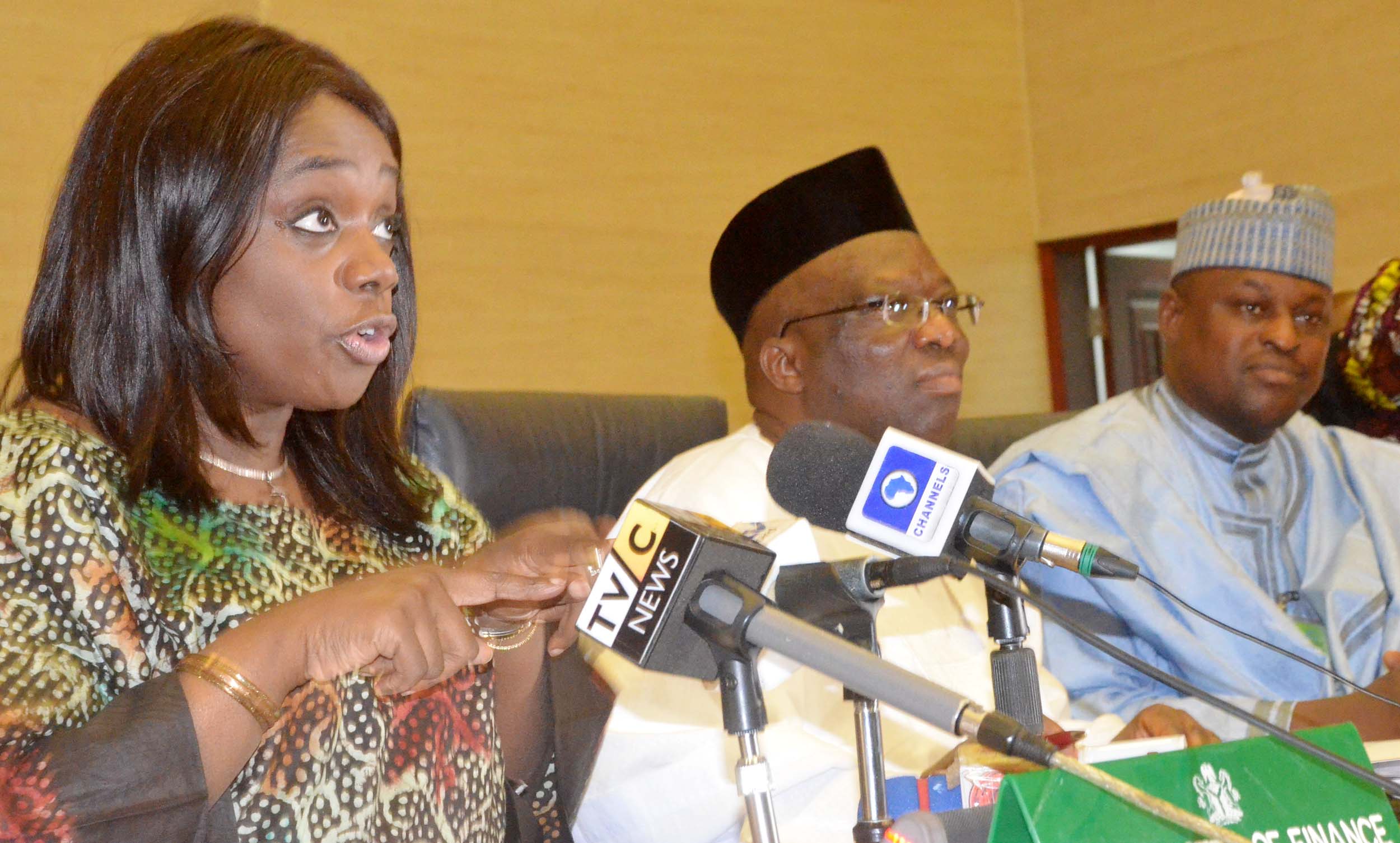Médecins Sans Frontières (MSF) says consistent reports from residents and community leaders of Rann in Borno state, shows that 170 people may have died in the accidental bombing by the Nigerian air force.
On Tuesday, an air force plane circled the community twice and dropped two bombs in the middle of Rann, which hosts thousands of internally displaced persons (IDP).
“Outside of what MSF teams have witnessed, consistent reports from residents and community leaders say as many as 170 people were killed,” the humanitarian organisation said.
It said an aid distribution was taking place at the time of the attack, and that the majority of the victims were women and children.
Advertisement
“This figure needs to be confirmed. The victims of this horrifying event deserve a transparent account of what happened and the circumstances in which this attack took place. Many of the survivors will need long-term care and support for the future,” Bruno Jochum, MSF general director, said in a statement on its website.
“People had sought safety in what they thought was a protected site – instead they were bombed by those who were meant to safeguard them.”
MSF added that the tragedy in Rann clearly illustrated the dire situation in Borno, where extremely vulnerable people “remain trapped in a cycle of daily violence between the Nigerian military and Boko Haram”.
Advertisement
It said the intense violence had led to the displacement of nearly three million people over the past few years, who are still in urgent need of protection and assistance.
“The population continues to pay the price of a merciless conflict, where the war between Boko Haram and Nigerian military too often disregards the safety of civilians,” Jochum said.
“The people of Borno should be entitled to guarantees of protection and assistance. All parties to the conflict must ensure the safety of civilians, and we urge the Government of Nigeria to ensure the protection of its people.”
MSF first started working in Nigeria in 1996, and is one of the few organisations still able to operate in hard-to-reach areas of the country.
Advertisement
Add a comment

